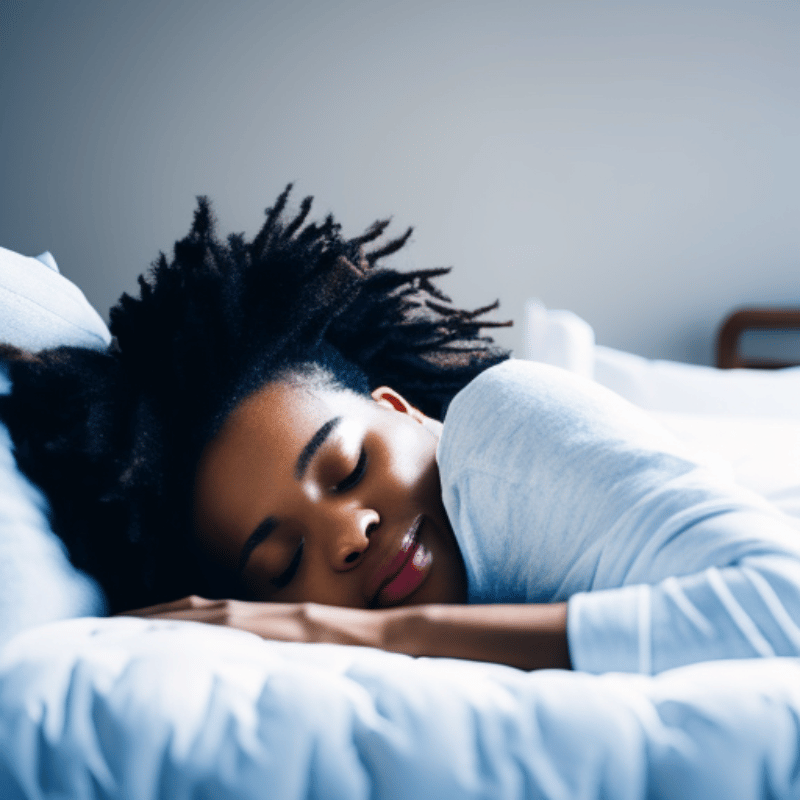Sleep is a natural and essential part of daily life that is necessary for physical, mental, and emotional well-being. During sleep, the body and mind rest, repair, and recharge for the next day.
Skin health refers to the overall health and well-being of the skin. A healthy complexion is a reflection of overall health, and a healthy skin barrier is crucial for protecting against environmental damage and maintaining a youthful appearance.
The Science of Sleep
1. Sleep Cycle
The sleep cycle is a series of stages that the body and mind go through during sleep. These stages include light sleep, deep sleep, and rapid eye movement (REM) sleep. Each stage is important for different functions, including memory consolidation, physical restoration, and emotional regulation.
2. Health Benefits of Sleep
Sleep is essential for overall health and well-being. Adequate sleep helps improve mental clarity, boost energy levels, and improve mood. Sleep also has physical benefits, such as reducing inflammation, improving immune function, and regulating hormones.
Impact of Sleep on Skin Health
1. Skin Repair & Renewal
During sleep, the skin undergoes a period of repair and renewal, which helps improve the overall health of the skin. During this time, the skin produces new skin cells, repairs damaged cells, and replenishes essential nutrients.
2. Reduction of Stress
Adequate sleep can help reduce stress, which can have a positive impact on skin health. Stress can cause inflammation, increase the production of stress hormones, and lead to skin problems such as acne, wrinkles, and dark circles.
3. Improved Hydration
Adequate sleep can help improve skin hydration, which is crucial for maintaining healthy skin. During sleep, the skin has a chance to absorb moisture, which helps keep the skin hydrated and glowing.
Tips for Better Sleep
1. Create a Bedtime Routine
Establishing a bedtime routine can help improve the quality of sleep and promote better skin health. This may involve winding down before bed, reading a book, or practicing relaxation techniques.
2. Reduce Stimulation Before Bed
Reducing stimulation before bed can help improve sleep quality and promote better skin health. This may involve reducing exposure to bright lights, avoiding caffeine and alcohol, and avoiding electronic devices before bed.
3. Avoid Electronic Devices Before Bed
Avoiding electronic devices before bed can help improve sleep quality and promote better skin health. The blue light emitted by electronic devices can interfere with the natural sleep-wake cycle and disrupt sleep.
Conclusion
Adequate sleep is essential for overall health and well-being, and it also has a significant impact on skin health. Sleep promotes skin repair and renewal, reduces stress, and improves skin hydration, among other benefits.
To improve sleep quality and promote better skin health, it is important to establish a bedtime routine, reduce stimulation before bed, and avoid electronic devices before bed. By prioritizing sleep, individuals can improve their overall health and enjoy a healthy and glowing complexion.





